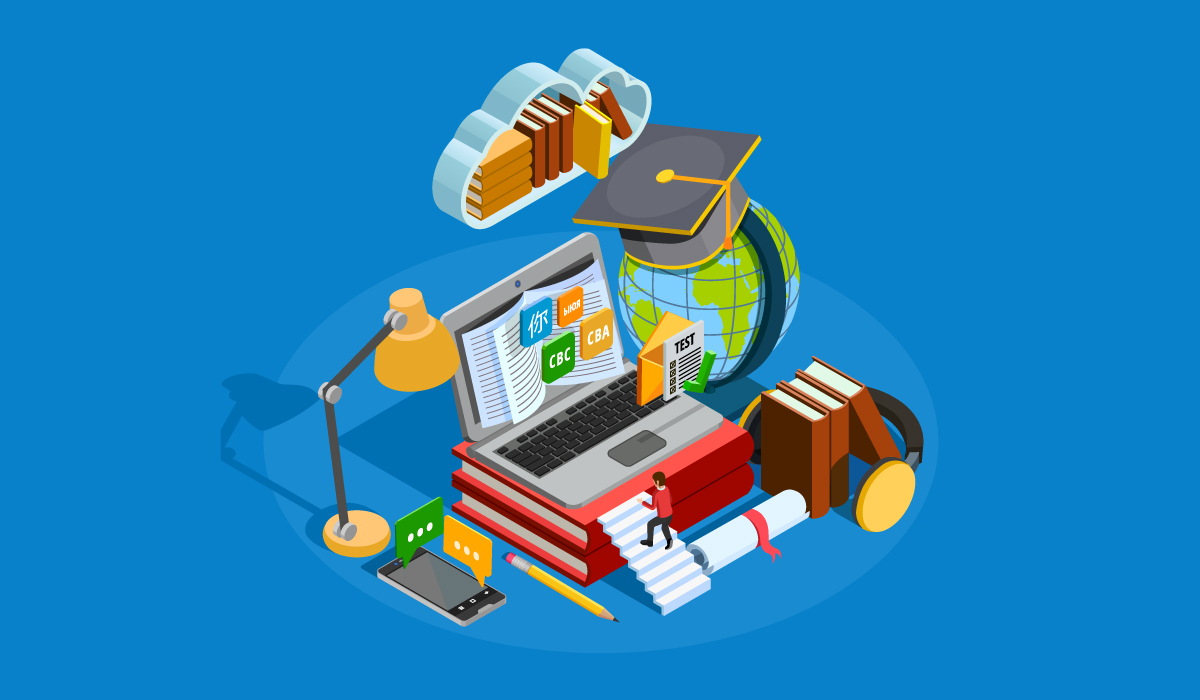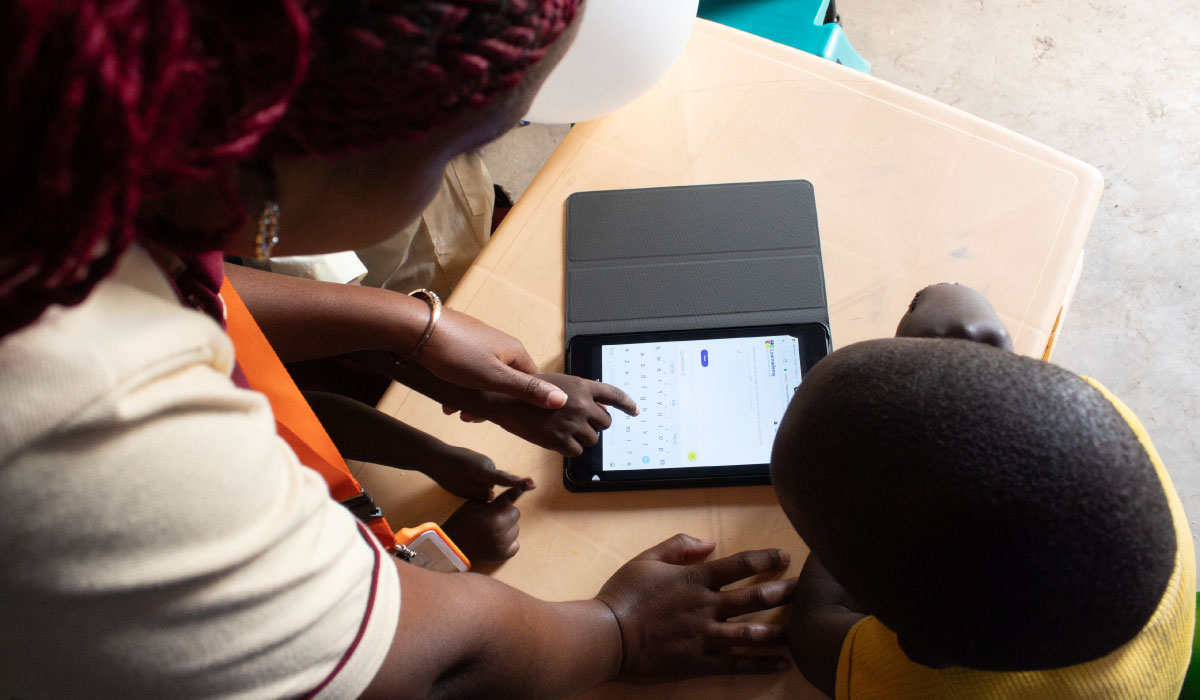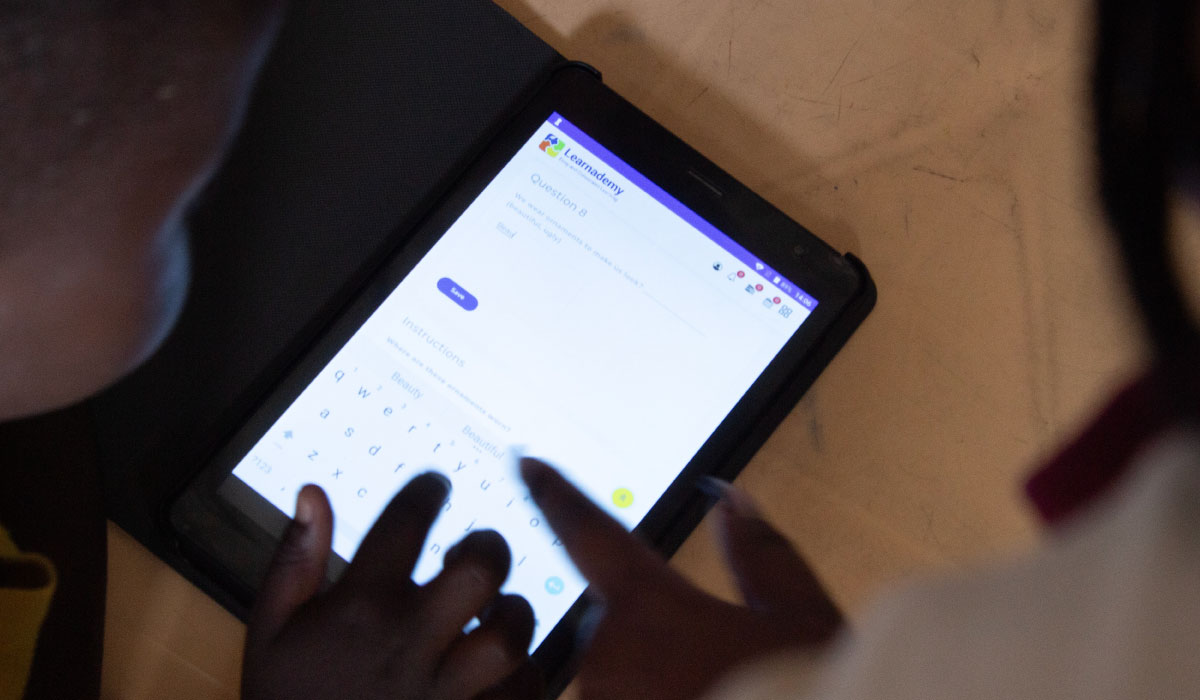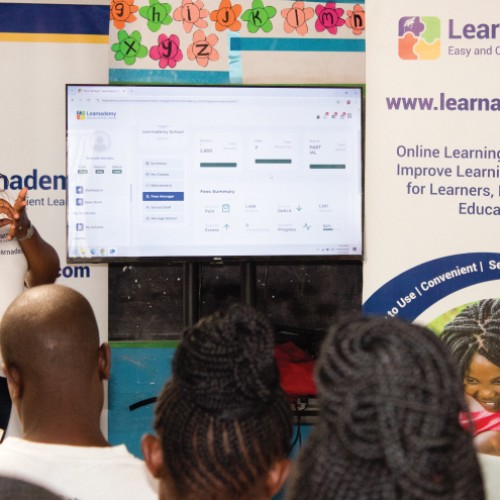-
Back
- Blog
- Browse Blogs
- Blog Post
- Get In Touch
-
Explore
- Sign up
- Login
Blog Inquiry

Learning Management System in Kenya: Empowering Your School
10 Jul 2025 TechnologyAs the world becomes increasingly digital, the way we learn and teach is undergoing a significant transformation. Education technology is at the forefront of this change, and one of its most impactful tools is the Learning Management System (LMS).
A Learning Management System, also known as a School management System or simply, an LMS, is more than just a platform; it's a comprehensive solution that empowers schools to manage, track, and enhance the learning experience. By leveraging an LMS, Kenyan schools can streamline their educational processes, making them more efficient and effective.
Key Takeaways
- Understanding the role of LMS in modern education
- Benefits of implementing LMS in Kenyan schools
- How LMS enhances the learning experience
Current Challenges Facing Kenyan Schools
Kenyan schools are currently navigating a complex educational landscape. The country faces numerous challenges that affect the quality of education. Kenyan schools face various obstacles, including disparities between urban and rural areas, as well as resource constraints.
The disparity between urban and rural educational institutions is a significant issue. Rural schools often lack adequate infrastructure and resources compared to their urban counterparts.
Many schools in Kenya struggle with resource constraints and teacher shortages, affecting the overall quality of education.

The Digital Transformation Journey
Kenya is embracing digital learning to bridge the educational gap. The adoption of educational software is becoming increasingly popular as a means to enhance the learning experience.
The integration of technology in education is a step towards creating a more inclusive and effective learning environment.
What is a Learning Management System?
A Learning Management System (LMS) is a software application designed to manage, track, and deliver educational courses and training programs. It has become an essential tool for educational institutions to organize and facilitate learning.
How LMS Differs from Traditional Teaching Methods
Unlike traditional teaching methods, an LMS provides a personalized learning experience. It allows students to learn at their own pace and access course materials from anywhere.
One of the significant advantages of an LMS is its ability to offer personalized learning paths. By analyzing student performance and behavior, the system can recommend tailored learning content, enhancing the overall learning experience.
An LMS also enables real-time feedback and assessment. Teachers can track student progress, identify areas for improvement, and provide timely feedback, thereby enhancing learning outcomes for students.
Some of the key benefits of using an LMS include:
- Increased flexibility and accessibility
- Personalized learning experiences
- Real-time feedback and assessment
- Streamlined administrative processes
Why a School Management System in Kenya?
Kenyan schools are at a critical juncture where embracing technology can significantly enhance the learning experience. The country's education sector has been facing numerous challenges, including inadequate infrastructure and limited access to quality educational resources.
A Learning Management System in Kenya can help bridge the educational gaps across different regions in the country. By providing a centralized platform for learning, LMS can ensure that students from all over the country have access to the same quality educational resources.
The integration of LMS in Kenyan schools will prepare students for a digital future. As technology continues to advance, students must be equipped with the skills necessary to thrive in a rapidly changing world.
Learning Management System in Kenya can also enhance teacher efficiency and effectiveness by automating administrative tasks and providing real-time feedback on student performance. This enables teachers to focus on what matters most – teaching and mentoring their students.

Key Benefits of Implementing an LMS in Your School
Implementing a Learning Management System in Kenya can revolutionize the way schools manage educational processes. An LMS is a comprehensive educational software solution that integrates various functions, making it easier to manage and deliver educational content.
An LMS helps streamline school management by automating tasks such as enrollment, grading, and record-keeping. This reduces administrative burdens on staff, allowing them to focus on more critical tasks. Learnademy, a leading school management system in Kenya, offers an all-in-one school management system in Kenya, allowing schools to digitize administrative functions.
It can also significantly enhance student engagement by providing interactive and personalized learning experiences. It enables teachers to create engaging content, track student progress, and offer timely feedback.
With an LMS, educators can make data-driven decisions by analyzing student performance data and other metrics. This helps identify areas where students need extra support, enabling targeted interventions.
Although implementing an LMS may require initial investment, it can lead to significant cost savings in the long run. By reducing administrative tasks and improving student outcomes, schools can achieve better results with reduced resources.
Essential Features to Look for in a Learning Management System
With numerous LMS options available, identifying the essential features is vital for Kenyan schools. A suitable Learning Management System can significantly enhance the educational experience by providing a robust platform for teaching and learning.
A user-friendly interface is crucial for the adoption and effective use of an LMS. Both teachers and students should be able to navigate the system easily. An intuitive design minimizes the need for extensive training, allowing users to focus on teaching and learning. Learnademy offers an easy-to-use and convenient school management system in Kenya that can be used on any device.
The ability to create, manage, and share content is a key feature of an LMS. Rich-text editors and multimedia support enable teachers to develop engaging lessons. The system should also allow for easy content sharing and collaboration.
An effective school management system in Kenya, should have robust assessment and tracking tools. This includes features like quizzes, assignments, and grade tracking, enabling teachers to monitor student progress closely and identify areas where students need extra support. Learnademy enables teachers to create self-marking and automated assessments, helping teachers save time and effort.
Given the diverse connectivity conditions in Kenya, an LMS that offers mobile accessibility and offline learning options is highly beneficial. This ensures that students can continue learning even with limited internet connectivity.
For areas with poor internet connectivity, an LMS with offline capabilities can be a game-changer. It allows students to access learning materials and submit assignments even without a stable internet connection.
Conclusion: Transforming Education Through Learning Management Systems in Kenya
As Kenyan schools navigate the complexities of the modern educational landscape, the adoption of a Learning Management System in Kenya emerges as a pivotal strategy for enhancing the quality of education. By leveraging educational software, schools can streamline administrative processes, improve student engagement, and make data-driven decisions.
Effective school management is crucial in today's digital age, and an LMS provides the necessary tools to achieve this. With its ability to bridge educational gaps across regions, an LMS is an indispensable asset for Kenyan schools aiming to provide high-quality education.








